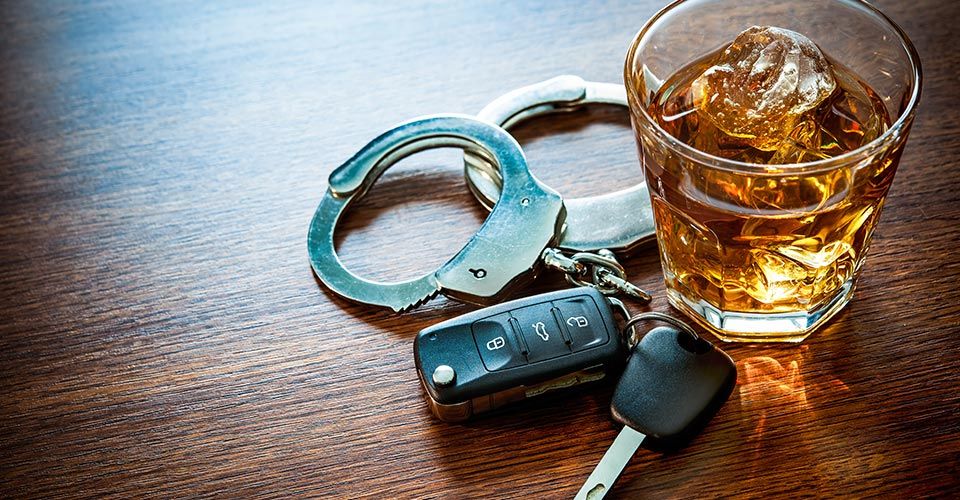BLOG
Understanding an OWI Charge & What It Means for Your Future

No matter where you are, intoxicated driving is a serious offense. Each state has its own laws about how they approach drivers who operate their vehicles while under the influence of alcohol or other substances. Depending on which state you’re in, the terminology and the associated acronym will be different. For example, a handful of states exclusively use the term driving while intoxicated or DWI to describe the offense. Other states use different terminology or a combination.
In Iowa, such offenses are considered operating while intoxicated - or OWI. Here is a quick guide to what an OWI in Iowa is and how long it can affect your life if you’re caught operating a vehicle while intoxicated.
What Constitutes an OWI?
If an officer of the laws sees someone driving erratically or has reason to believe that the person behind the wheel is under the influence of alcohol or another substance, they will likely pull the person over to assess the situation and determine if a person is guilty of committing an OWI.
In Iowa, a person who is administered a breath test or submits a blood or urine sample and is found to have a blood alcohol content of .08% or more is considered to be guilty of operating a vehicle while intoxicated.
A person can also be charged with an OWI if they are found to be under the influence of any combination of alcohol and drugs or has any amount of a controlled substance present in their urine or blood. Note that in cases where drugs are involved, either on their own or in combination with alcohol, the amount of the substance present in the blood or urine sample has no bearing on the outcome of the conviction.
Understanding the Penalties of an OWI
The penalties for receiving an OWI increase with each offense. For example, a first offense OWI can result in a jail time ranging from 2 days to 1 year, along with fines and a license revocation period of 180 days. A second offense comes with the potential of 7 days to 2 years in jail, fines and a license revocation for a period of 1 year.
In cases where there has been 3 OWIs committed, the consequences are the most severe. If convicted of a third OWI, the driver is facing up to 5 years in jail, fines and a license revocation period of 6 years. This illustrates how being charged with an OWI can drastically impact your life, including remaining on your driving record for 12 years.
If You’re Facing OWI Charges
If you’ve been arrested for an OWI the first thing you need to do is contact an experienced OWI attorney. There are certain situations in which it might be possible to prove your innocence when facing criminal charges. An experienced attorney can also provide the best outcome no matter what the facts of the case. Contact Fitch & Stahle today for a free consultation and to learn how our team can help protect you in the face of OWI charges.


